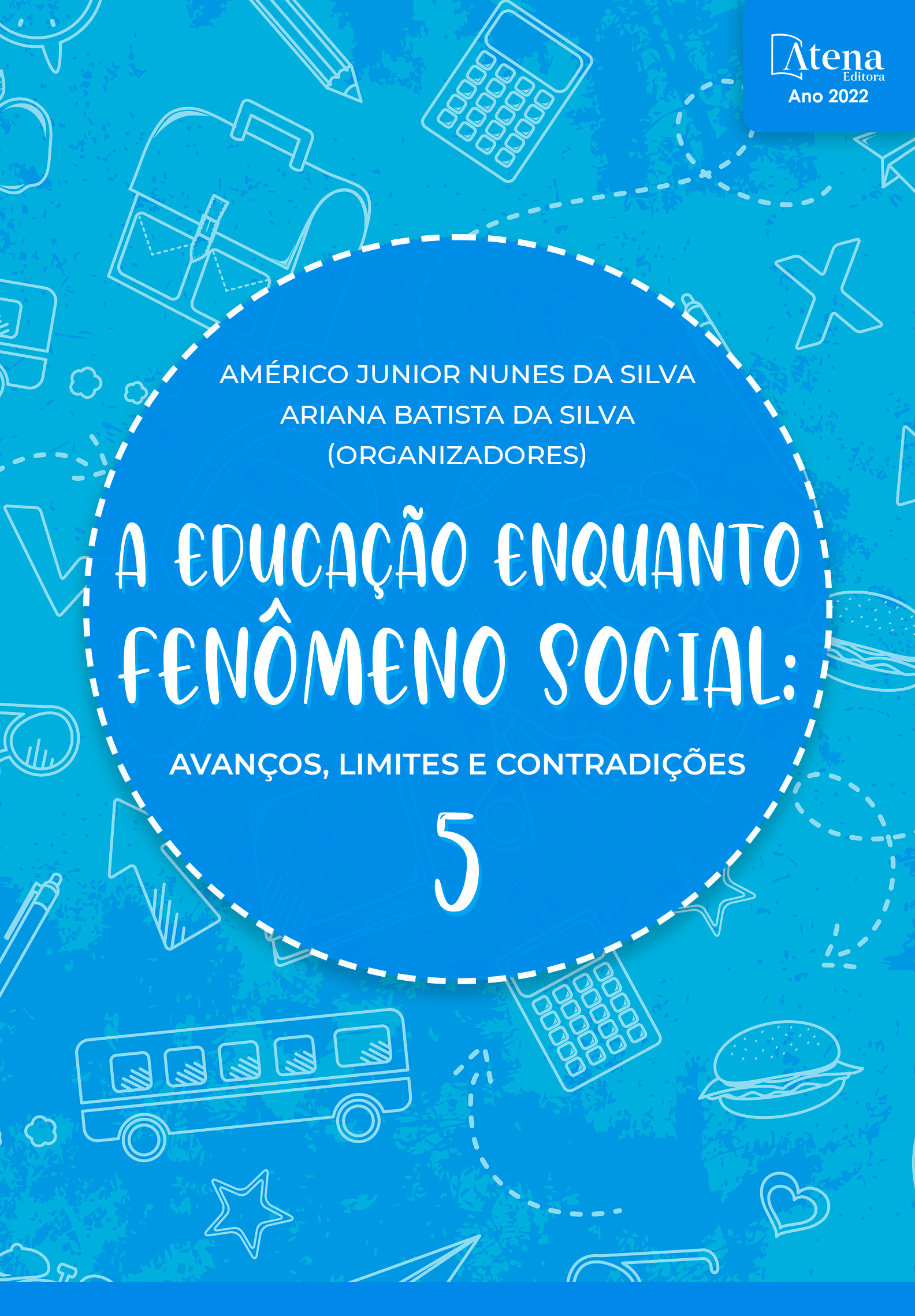
COMPLEXIDADE E TRANSDISCIPLINARIDADE: INOVAR, INTERAGIR E INTEGRAR AS PRÁTICAS PEDAGÓGICAS NOS PROCESSOS DE ENSINO E APRENDIZAGEM NA EDUCAÇÃO BÁSICA.
A teoria da complexidade enfatiza um modelo mental sistêmico que interliga as partes, gerando novas ideias e um conhecimento com propriedades novas. E a atitude transdisciplinar busca responder à necessidade de superação da visão fragmentada nos processos do ensino e da aprendizagem. Assim, a religação entre e além dos saberes torna-se relevante na construção do conhecimento significativo, inovador e integrador. A problemática indaga, como as práticas pedagógicas transdisciplinar se relacionam nos processos do ensino e da aprendizagem significativa ao integrar os saberes nas diferentes áreas do conhecimento na perspectiva da complexidade na educação básica. O presente estudo teve como objetivo, investigar as práticas pedagógicas nos processos de ensino e aprendizagem na perspectiva da complexidade dialogada com a transdisciplinaridade na educação básica. O aporte teórico de autores que fundamentam o estudo são: Behrens (2012), Freire (1993) Morin (2005), Petraglia (1995), Moraes (2012), Severino (2002), Nicolescu (1999). A metodologia de pesquisa qualitativa com abordagem participativa por meio de entrevista, observação e diário de bordo A coleta de dados nos lócus foi em uma escola estadual. Na concepção dos alunos e dos professores consideraram a pesquisa relevante nos processos de ensino e aprendizagem por ser uma prática educacional pautada na conexão entre as áreas do conhecimento que possibilitou a construção de uma didática diferenciada, para compreender o todo nas partes e as partes no todo; repensar e refletir as práticas pedagógicas significativas e inovadoras; a articulação dos conteúdos estudado entre as áreas do conhecimento e a relevância da teoria e práticas pedagógicas transdisciplinares que possibilitam o aluno ser protagonista e sujeito da produção científica por meio do ensino com pesquisa dialogada com a prática experimental por meio da observação, leitura, fruição, produção e avaliação.
COMPLEXIDADE E TRANSDISCIPLINARIDADE: INOVAR, INTERAGIR E INTEGRAR AS PRÁTICAS PEDAGÓGICAS NOS PROCESSOS DE ENSINO E APRENDIZAGEM NA EDUCAÇÃO BÁSICA.
-
DOI: 10.22533/at.ed.57522260414
-
Palavras-chave: Complexidade. Aprendizagem. Transdisciplinaridade. Práticas Pedagógicas.
-
Keywords: Complexity. Apprenticeship. Transdisciplinarity. Pedagogical Practices.
-
Abstract:
The theory of complexity emphasizes a systemic mental model that interconnects the parts, generating new ideas and knowledge with new properties. And the transdisciplinary attitude seeks to respond to the need to overcome the fragmented vision in the processes of teaching and learning. Thus, the reconnection between and beyond the knowledgeThe theory of complexity emphasizes a systemic mental model that interconnects the parts, generating new ideas and knowledge with new properties. And the transdisciplinary attitude seeks to respond to the need to overcome the fragmented vision in the processes of teaching and learning. Thus, the reconnection between and beyond knowledge becomes relevant in the construction of significant, innovative and integrative knowledge. The problem asks, how transdisciplinary pedagogical practices are related in the processes of teaching and meaningful learning by integrating knowledge in the different areas of knowledge from the perspective of complexity in basic education. becomes relevant in the construction of meaningful, innovative and integrative knowledge. The problem asks, how transdisciplinary pedagogical practices are related in the processes of teaching and meaningful learning by integrating knowledge in the different areas of knowledge from the perspective of complexity in basic education. The present study aimed to investigate pedagogical practices in teaching and learning processes from the perspective of complexity dialogued with transdisciplinarity in basic education. The theoretical contribution of authors who support the study are: Behrens (2012), Freire (1993) Morin (2005), Petraglia (1995), Moraes (2012), Severino (2002), Nicolescu (1999). The qualitative research methodology with participatory approach through interview, observation and logbook The collection of data in locus was in a state school. In the conception of students and teachers considered the research relevant in the teaching and learning processes because it is an educational practice based on the connection between the areas of knowledge that allowed the construction of a differentiated didactics, to understand the whole in the parts and the parts in the whole; rethink and reflect significant and innovative pedagogical practices; the articulation of the contents studied between the areas of knowledge and the relevance of theory and transdisciplinary pedagogical practices that enable the student to be protagonist and subject of scientific production through teaching with research dialogued with experimental practice through observation, reading, fruition, production and evaluation.
-
Número de páginas: 11
- SUELI PERAZZOLI TRINDADE


